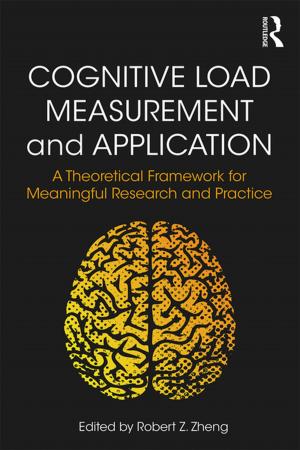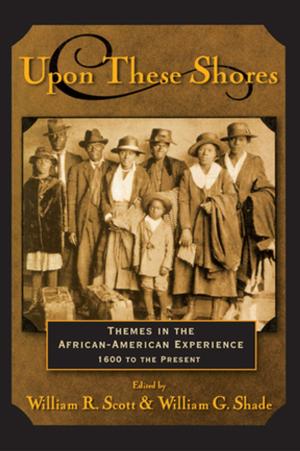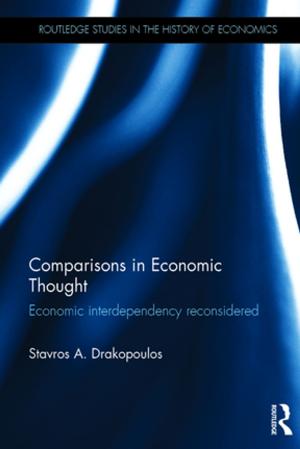Chinese Kinship
Contemporary Anthropological Perspectives
Nonfiction, Social & Cultural Studies, Social Science, Cultural Studies, Ethnic Studies, Anthropology, Sociology| Author: | ISBN: | 9781134105878 | |
| Publisher: | Taylor and Francis | Publication: | September 25, 2008 |
| Imprint: | Routledge | Language: | English |
| Author: | |
| ISBN: | 9781134105878 |
| Publisher: | Taylor and Francis |
| Publication: | September 25, 2008 |
| Imprint: | Routledge |
| Language: | English |
The essays in this volume present contemporary anthropological perspectives on Chinese kinship, its historical complexity and its modern metamorphoses. The collection draws particular attention to the reverberations of larger socio-cultural and politico-economic processes in the formation of sociality, intimate relations, family histories, reproductive strategies and gender relations – and vice-versa.
Drawing on a wealth of ethnographic material from the late imperial period and from contemporary Taiwan and the People’s Republic of China, from northern and southern regions as well as from rural and urban settings, the volume provides unique insights into the historical and spatial diversities of the Chinese kinship experience. This emphasis on diversity challenges the classic ‘lineage paradigm’ of Chinese kinship and establishes a dialogue with contemporary anthropological debates about human kinship reflecting on the emergence of radically new family formations in the Euro-American context.
Chinese Kinship will be of interest to anthropologists and sinologists, as to historians and social scientists in general.
The essays in this volume present contemporary anthropological perspectives on Chinese kinship, its historical complexity and its modern metamorphoses. The collection draws particular attention to the reverberations of larger socio-cultural and politico-economic processes in the formation of sociality, intimate relations, family histories, reproductive strategies and gender relations – and vice-versa.
Drawing on a wealth of ethnographic material from the late imperial period and from contemporary Taiwan and the People’s Republic of China, from northern and southern regions as well as from rural and urban settings, the volume provides unique insights into the historical and spatial diversities of the Chinese kinship experience. This emphasis on diversity challenges the classic ‘lineage paradigm’ of Chinese kinship and establishes a dialogue with contemporary anthropological debates about human kinship reflecting on the emergence of radically new family formations in the Euro-American context.
Chinese Kinship will be of interest to anthropologists and sinologists, as to historians and social scientists in general.















